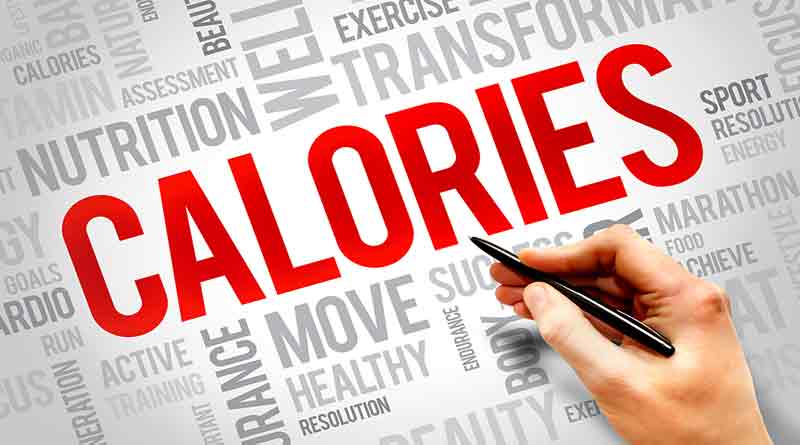
It’s time for some nutrition 101. This first email is going to give you a basic guide to calories. While we focus more on hitting our macronutrients (more information about that as well as micronutrients in my next email), it’s important to understand how calories work to reach your goals.
Calories
Whether your goal is to lose body fat or to gain muscle, you need to maintain a certain calorie level to achieve those goals. If your goal is to lose weight, you need to cut out some calories, but not too many that your energy levels plunge. If your goal is to gain some muscle mass, you need to eat extra calories, but not so many that you put on body fat.
So, what is a Calorie? A Calorie is a unit of energy that heats up one gram of water by one degree centigrade. What we use in America is Calories (the capitol C is important) which is actually a kilocalorie or 1,000 calories.
That 250 Calorie chocolate bar? That’s actually 250,000 calories.
Calories are essential for life. Society seems to demonize Calories as something that makes our pants a little tighter each day or it’s something to “burn off” at the gym. At the end of the day, without calories, you’re dead.
“Good” calories are calories that provide nutrition to the body: essential amino acids, essential fatty acids, vitamins, and minerals.
“Empty” or “bad” calories are just an energy source, like refined sugar and flour. These foods aren’t inherently bad in moderation or when used correctly (like Gatorade for athletes working out/playing for over 60 minutes), but they’re easy to overeat and don’t supply any nutrition beyond just being an energy source.
What does this mean for you?
Calories are an energy source, and too much energy ends up being stored as body fat. If you don’t have a lot of experience with nutrition, you need to track/journal your food intake.
Journaling helps you stay consistent with your calorie levels day in and day out. Without realizing it, you can have big swings in calories each day. One day might be 1500 calories, two days might be 1700 calories, and the weekend you hit 1900. That’s an average of 1700 calories per day, which is fine for some people, but might be too many calories for others.
Tracking also helps you learn which foods are high in calories and which ones are lower than you thought.
That snack of a banana and 4 tablespoons of peanut butter (which is close to what most people actually eat when they don’t measure) ends up being about 500 calories for a snack. There are only 450 calories total in 6oz chicken, half a cup of rice, and a cup of broccoli, which most people would consider a full meal.
How many calories do you need?
For weight loss: 10-12 calories per pound bodyweight or lean body mass.
For body recomp (lose weight and gain muscle): 13-14 calories per pound bodyweight or lean body mass.
For maintenance: 15 calories per pound bodyweight or lean body mass is usually the standard.
For building muscle or athletic performance: 16-21 calories per pound body weight.
Remember, these are just rough estimates and might be too many or too few calories for you. As a general rule, it’s not recommended that women eat less than 1200 calories per day and men less than 1500 calories per day. Under this level, you set yourself up for malnutrition and should only be done under professional supervision.
Retrain your mind to think of calories as essential for everyday life, whether your goal is to lose weight or gain muscle mass. It’s important to keep in mind your average target. The more you’ve read the labels and measured out portions, the less you’ll need to record what you’re eating and can better trust your body.
Next week we’ll cover macro and micronutrients!

